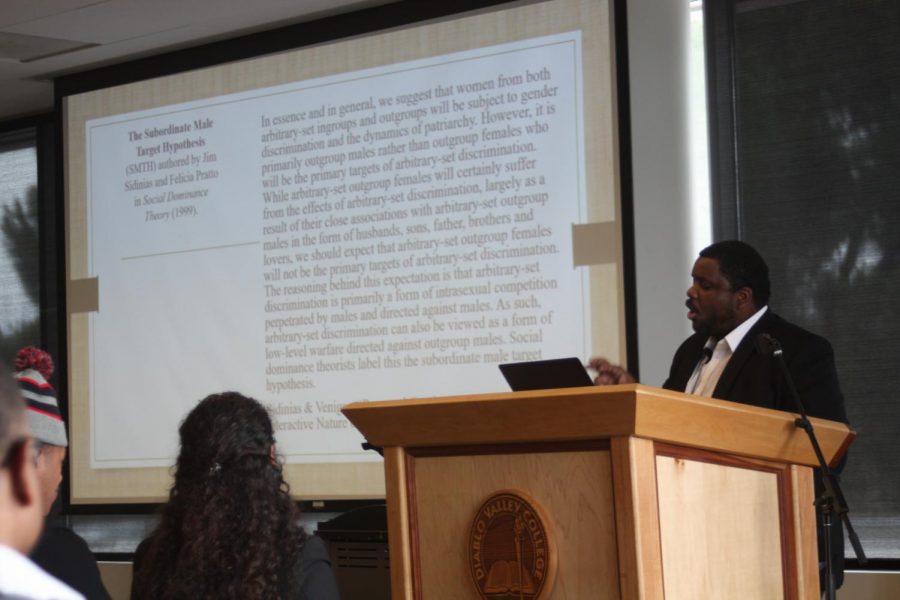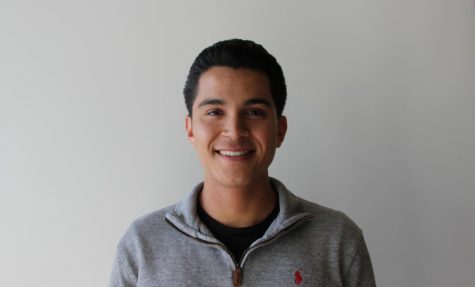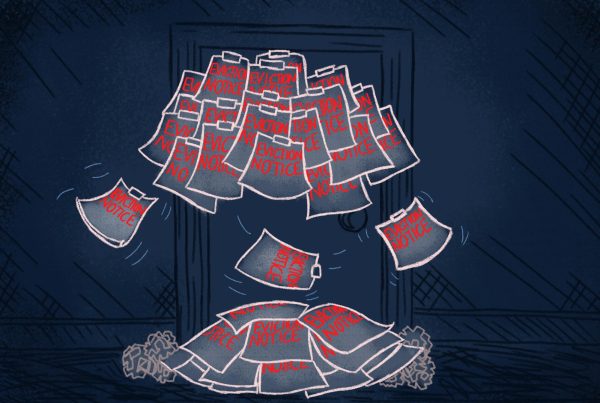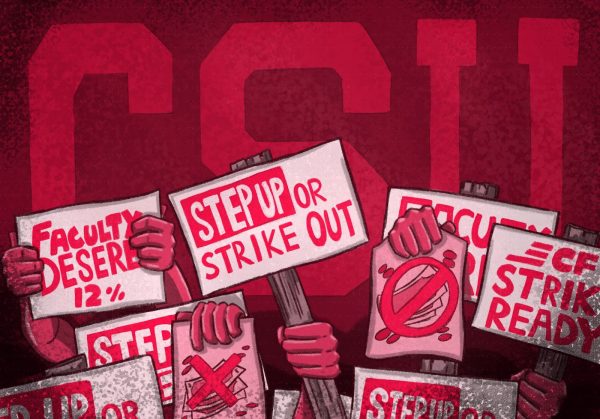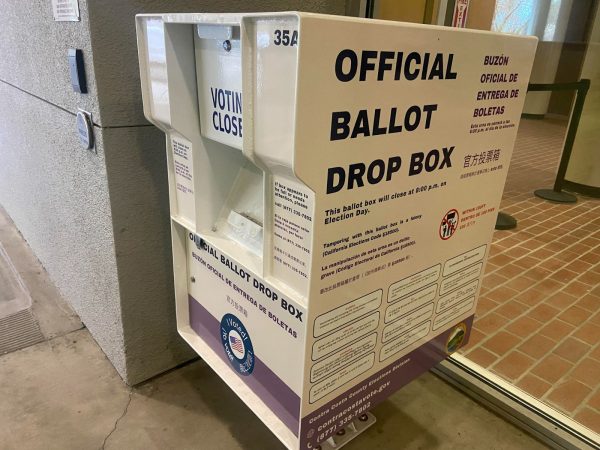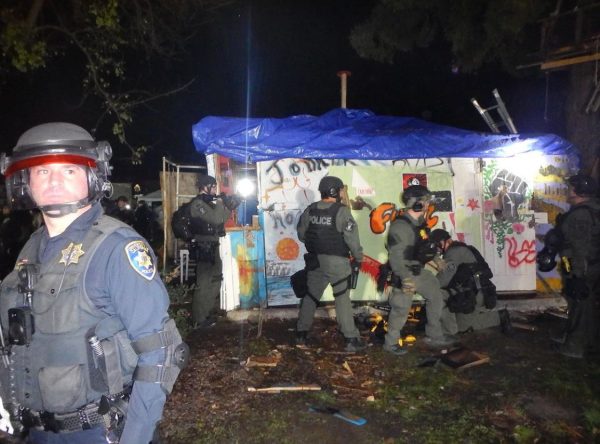New Social Justice major brings fresh perspective on Race and Gender in America
Dr. Tommy Curry debunks long-held stereotypes of black and brown men that have been ingrained into social policy in the United States.
April 4, 2018
DVC’s Social Justice Program kicked off its inaugural semester by challenging long-held stereotypes about black and brown men.
The keynote speaker was Texas A&M professor Tommy Curry, who specializes in critical race theory and Africana philosophy.
Curry wants to introduce a new way of thinking about the victimization of men of color in this country.
“It’s a topic that I think gets often overlooked in America because we usually talk about these groups as if they (are) problems,” explained Curry.
He feels that black and brown men are incorrectly seen as “patriarchal, violent and indifferent to the suffering of others.”
He explained that traditional definitions of American patriarchy, which state that men inherently have a structural advantage in society, do not benefit black and brown men. He attributes this to the long colonial and racial histories that have disenfranchised these groups.
Similarly, he feels that violence perpetrated by men of color needs further examination. To illustrate this, he brought attention to an altercation between former NFL player Ray Rice and his then fiancée (now wife) Janay Palmer. The footage shows Palmer striking Rice during an argument, Rice then knocks Palmer unconscious in the elevator.
To Curry, the altercation illuminates a complex problem, noting that violence, perpetrated by both men and women, is a common and somewhat socially acceptable response to conflict in poor communities of color. He argues that this behavior becomes ingrained, even if one ascends the social or economic ladder.
Curry says, “We have to work on conflict resolution and mental health services in our neighborhoods… We can recognize Janay Rice as being a victim, and we can also recognize Ray Rice as a victim. That’s not a moral argument, it’s an argument about who deserves treatment.”
Curry’s ideas have created controversy in the past. During a 2012 podcast, Curry spoke about black men defending themselves with the second amendment. The podcast, along with Curry’s comments, resurfaced and sparked reactions that ultimately led to death threats at his home campus just last year.
DVC professor Albert Ponce, who dealt with similar controversy, felt proud to see these ideas received by nearly 200 people in the Diablo Room. Ponce marked the Social Justice major kickoff as “a great moment in this institution’s history, to see this many people pack this room, it’s amazing.”
The ultimate goal is to inspire students to take new ideas into their future lives. DVC professor Sangha Niyogi noted, “The most exciting part of our major is that community engagement will be an important component right from the start.”
Dr. Curry wrapped up with a challenge to students. “The point of this is, we have to think differently, it’s not to convince you of some predetermined idea. This is what it means to start a new way of thinking, to think about our problems differently.”





































































